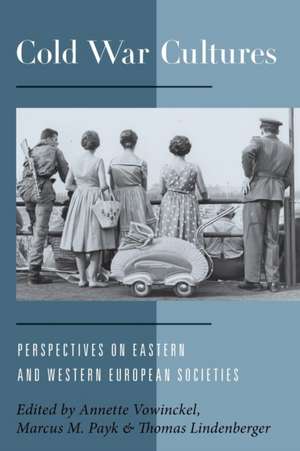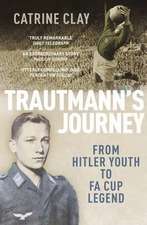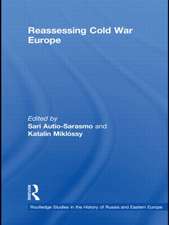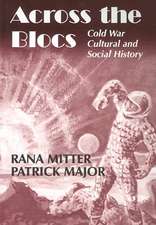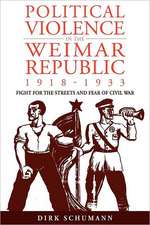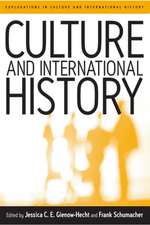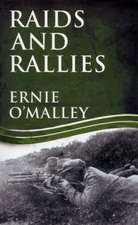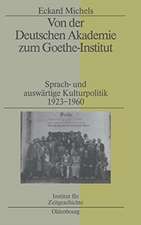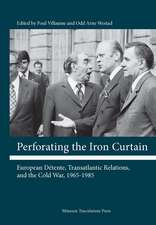Cold War Cultures
Editat de Thomas Lindenberger, Marcus M. Payk, Annette Vowinckelen Limba Engleză Paperback – 2 feb 2014
The Cold War was not only about the imperial ambitions of the super powers, their military strategies, and antagonistic ideologies. It was also about conflicting worldviews and their correlates in the daily life of the societies involved. The term "Cold War Culture" is often used in a broad sense to describe media influences, social practices, and symbolic representations as they shape, and are shaped by, international relations. Yet, it remains in question whether - or to what extent - the Cold War Culture model can be applied to European societies, both in the East and the West. While every European country had to adapt to the constraints imposed by the Cold War, individual development was affected by specific conditions as detailed in these chapters. This volume offers an important contribution to the international debate on this issue of the Cold War impact on everyday life by providing a better understanding of its history and legacy in Eastern and Western Europe.
| Toate formatele și edițiile | Preț | Express |
|---|---|---|
| Paperback (1) | 302.36 lei 6-8 săpt. | |
| BERGHAHN BOOKS INC – 2 feb 2014 | 302.36 lei 6-8 săpt. | |
| Hardback (1) | 835.91 lei 6-8 săpt. | |
| BERGHAHN BOOKS INC – 31 mar 2012 | 835.91 lei 6-8 săpt. |
Preț: 302.36 lei
Nou
57.86€ • 61.87$ • 48.24£
Carte tipărită la comandă
Livrare economică 17 aprilie-01 mai
Specificații
ISBN-10: 1782383883
Pagini: 396
Dimensiuni: 152 x 229 x 21 mm
Greutate: 0.53 kg
Editura: BERGHAHN BOOKS INC
Notă biografică
Annette Vowinckel received her doctorate from the University of Essen and her Habilitation from Humboldt University in Berlin. She is a specialist in cultural history of the Renaissance and the twentieth century. A researcher at the Zentrum fur Zeithistorische Forschung Potsdam, she has recently published a book on the cultural history of skyjacking. Marcus M. Payk is currently a Fellow in the Department of History, Humboldt University in Berlin and specializes in twentieth-century German and transatlantic history. He received his doctorate in Modern History from the University of Bochum in 2005 and was awarded a Dilthey-Fellowship for excellent young researchers in the humanities in 2011. Thomas Lindenberger received his doctorate from the Technical University Berlin and his Habilitation from Potsdam University. He was a research director at the Potsdam Zentrum fur Zeithistorische Forschung and is currently the director of the Ludwig Boltzmann Institute for European History and Public Spheres in Vienna. He has held guest professorships at EHESS Paris, CEU Budapest and Vienna University.
Descriere
The Cold War was not only about the imperial ambitions of the super powers, their military strategies, and antagonistic ideologies. It was also about conflicting worldviews and their correlates in the daily life of the societies involved. The term "Cold War Culture" is often used in a broad sense to describe media influences, social practices, and symbolic representations as they shape, and are shaped by, international relations. Yet, it remains in question whether - or to what extent - the Cold War Culture model can be applied to European societies, both in the East and the West. While every European country had to adapt to the constraints imposed by the Cold War, individual development was affected by specific conditions as detailed in these chapters. This volume offers an important contribution to the international debate on this issue of the Cold War impact on everyday life by providing a better understanding of its history and legacy in Eastern and Western Europe.
